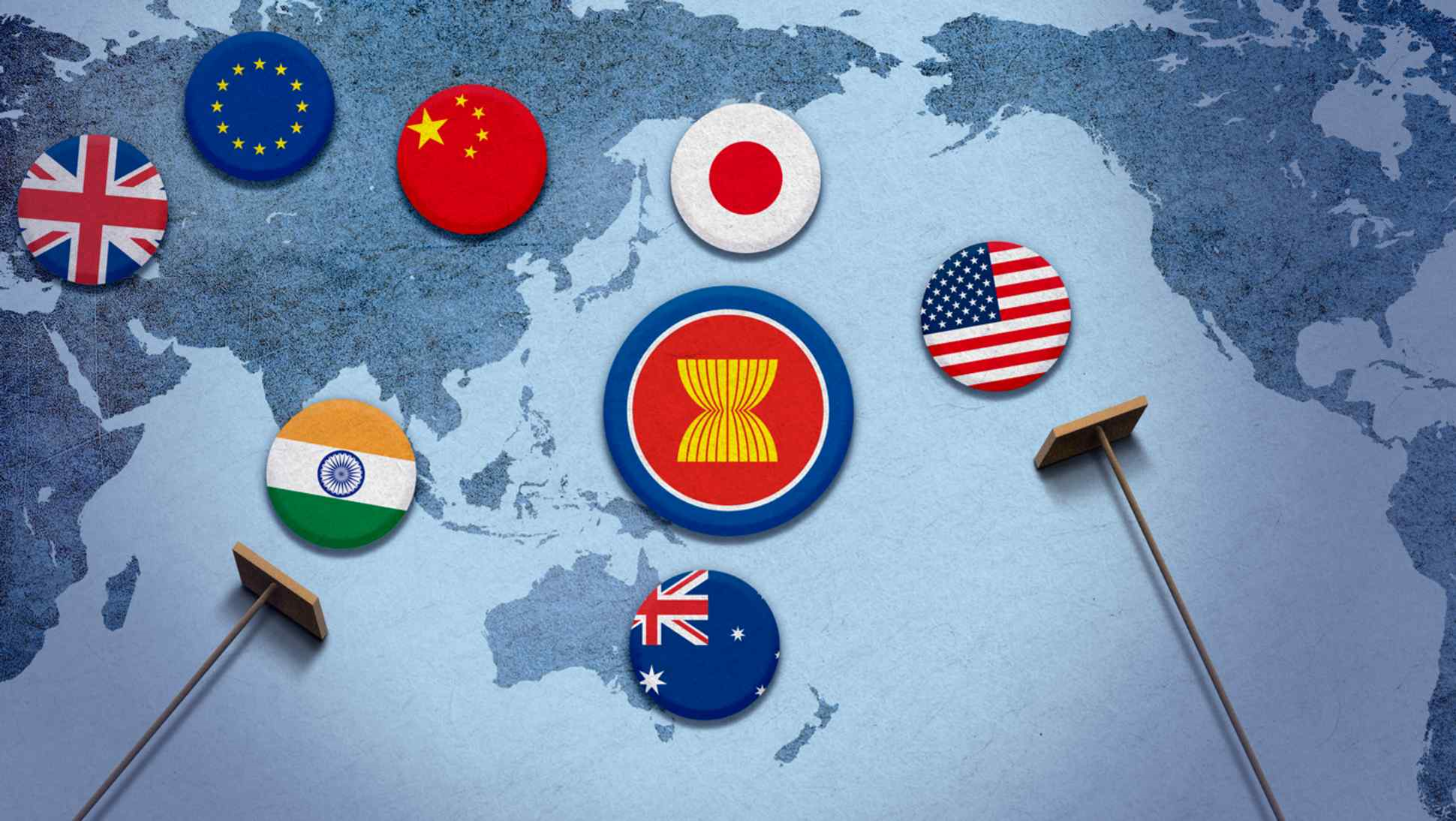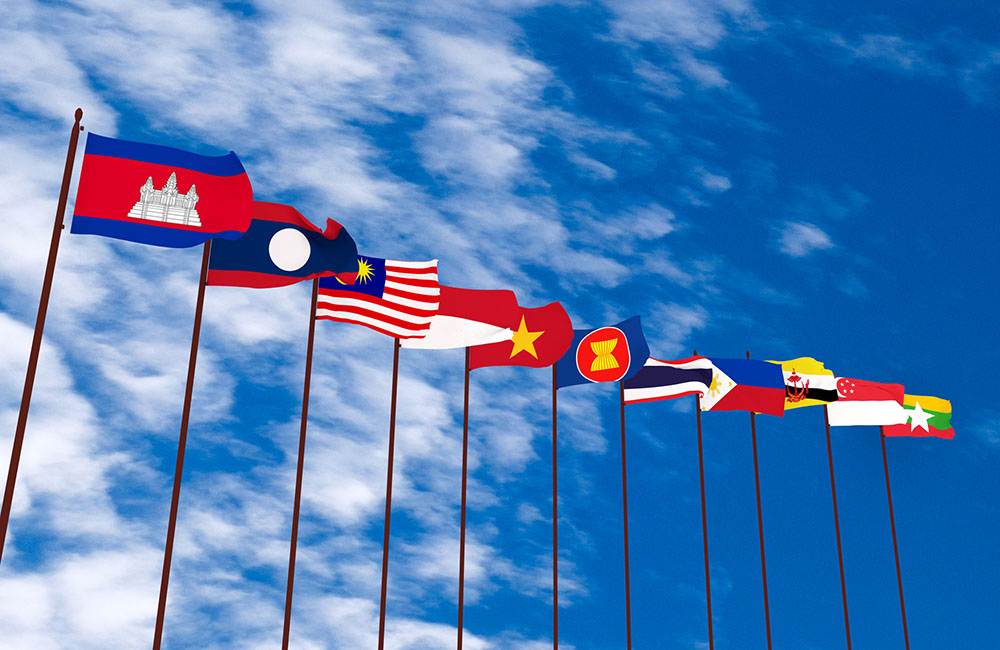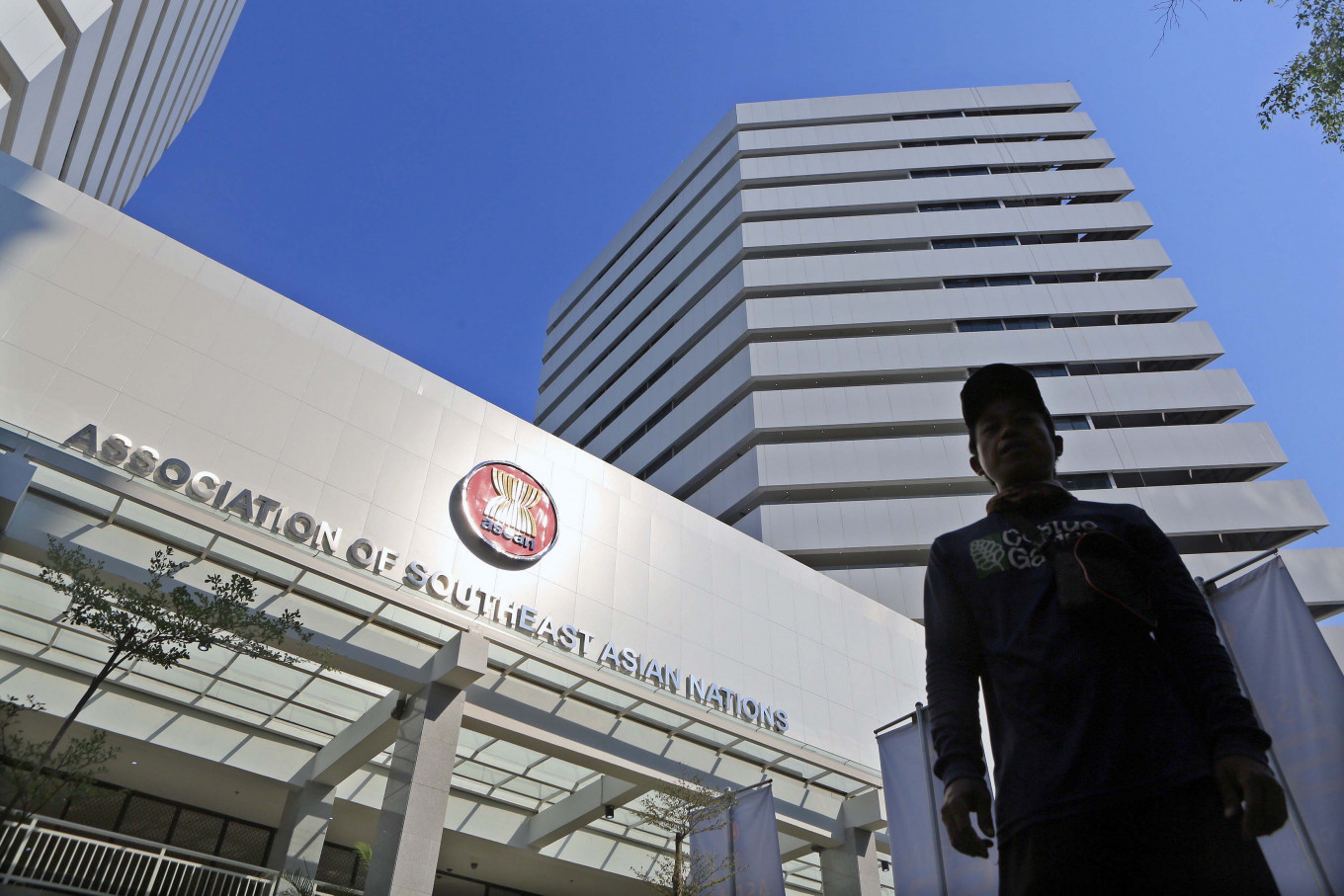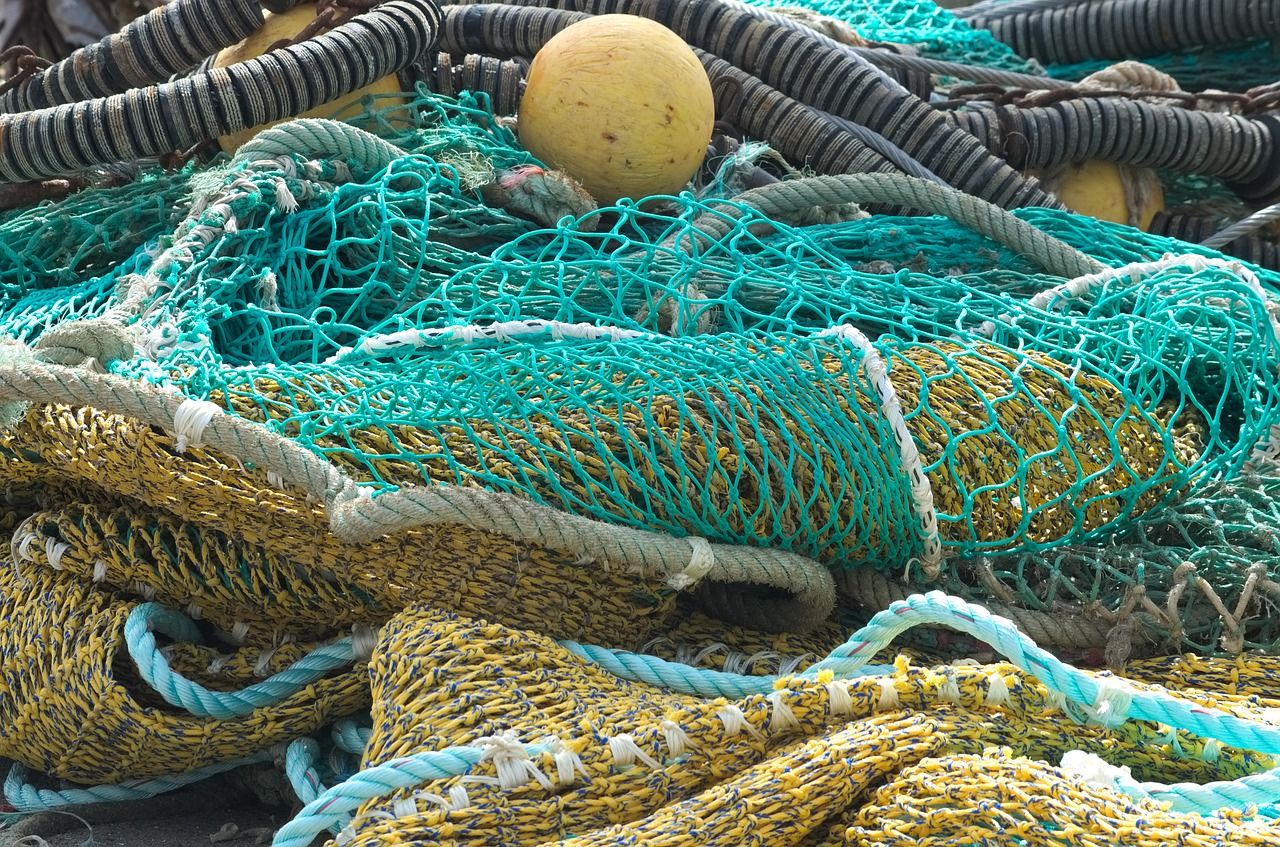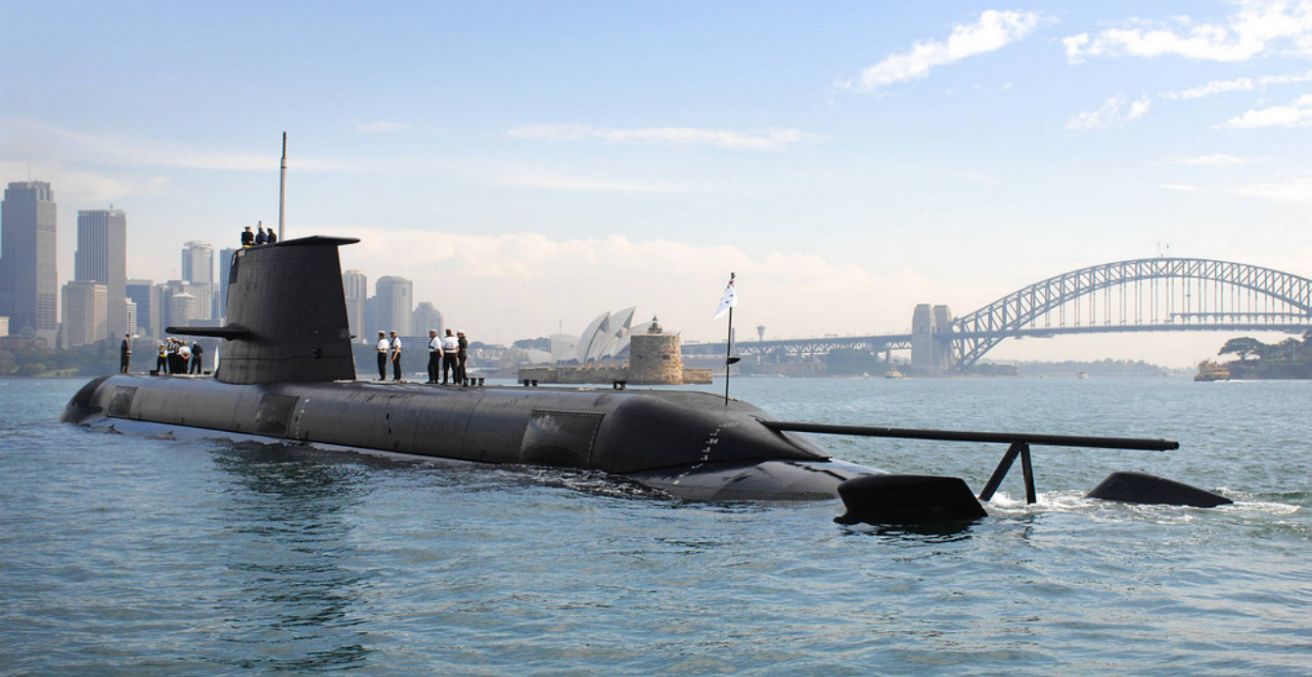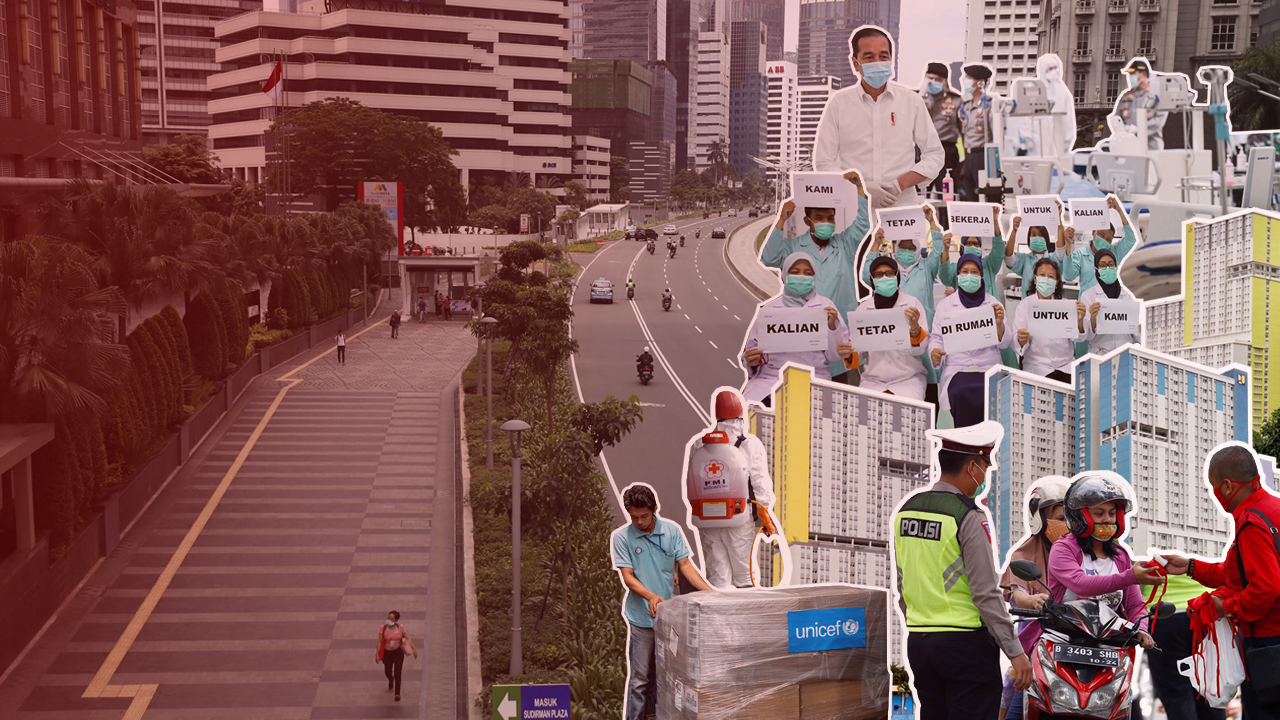Sitting in the Indian and Pacific Oceans axis, Southeast Asia witnesses billions of dollars worth of goods pass through its waters as the region is becoming more mature in economics, trade, investment, innovation, production, and geopolitical position in the global chessboard. Given its strategic place, countries in the region are responsible for managing the region’s stability and balance in Southeast Asia.
Continue readingASEAN Outlook on the Indo-Pacific and Indonesia’s Indo-Pacific Strategy: What’s Next? – Interview with Dr. Siswo Pramono
Since the announcement of the Outlook in 2019, people are wondering “what is the next step of ASEAN and Indonesia’s (as the initiator) strategy on Indo-Pacific?” Today, countries such as Germany, UK, France, and Canada are developing their own Indo-Pacific strategy and outlook. The QUAD (The US, Japan, Australia, and India) is getting more align with their first leaders’ summit. How does the AOIP accommodate the multipolar world and geopolitical competition? What is the projection of AOIP in the view of ASEAN and Indonesia? How does Indonesia utilize AOIP? What kind of initiatives has been done or currently in the pipeline since its announcement?
Continue readingWhat Makes the ASEAN’s TAC Tick? It’s the Wide Acceptance of the ASEAN Values and Principles Enshrined in It – Opinion by Calvin Khoe
When ASEAN was founded in August 1967, it was ostensibly for the purpose of economic and functional cooperation. However, the statements of the foreign ministers of the five original members—Indonesia, Malaysia, the Philippines, Singapore and Thailand—at the signing of the founding document, the Bangkok Declaration, hinted at an underlying objective: the survival of the member countries at a chaotic time in the region, as war raged in the Southeast Asian mainland.
Continue readingUnidentified Sea Glider at Indonesian Seas: What does it tell us? – Interview with Prof. Hasjim Djalal
Earlier this month, an unidentified underwater drone found in the Selayar Waters of South Sulawesi captured the attention of Indonesian media. The occasion was the third occurrence that a foreign drone, also known as a ‘sea glider,’ was found in the nation’s waters. Needless to say, the discovery triggered a country-wide public furious and strong backlash from the Indonesian parliament members – especially upon heightened suspicion of the drone’s origin.
Continue readingFPCI Countries to Watch on Australia’s New Defence Projection – Interview with Prof. Rory Medcalf
On the 1st of July, Prime Minister Scott Morrison launched the 2020 Defence Strategic Update and the 2024 Structure Plan. Prime Minister Morrison highlighted the changing Indo-Pacific strategic environment that has become more challenging and less benign, creating a new environment that requires an adjustment in Australia’s strategic thinking and future plans. The strategic update and structure plan sees the importance of building Australian maritime power and deterrence capability, certainly creating a projection that will make Australia’s defence capacity more independent and self-reliant.
Continue readingVirtual Global Town Hall – Briefing untuk Diaspora Indonesia di Seluruh Dunia: Update Mengenai Perang Melawan COVID-19 di Tanah Air
On the 25th of April, FPCI in collaboration with Indonesian Diaspora Network – Global (IDN-G), Asosiasi Dosen Indonesia (ADI), and Perhimpunan Pelajar Indonesia se-Dunia (PPI Dunia) convened the first Indonesian government briefing on COVID-19 in Indonesia to Indonesian diaspora around the globe.
Continue readingFPCI-LIPI Roundtable Discussion – Global Maritime Fulcrum in Jokowi’s 2nd Term: Enhancing Strategic Clarity and Policy Content
On Thursday, 5 March 2020, FPCI Research and Analysis (FPCI RnA) in collaboration with Indonesian Institute of Sciences (LIPI) convened a roundtable discussion on “The Global Maritime Fulcrum in Jokowi’s 2nd Term: Enhancing Strategic Clarity and Policy Content”. This topic was raised due to President Jokowi’s vision of Global Maritime Fulcrum as Indonesia’s grand strategy. However, the vision seems to be fading at the beginning of President Jokowi’s 2nd term. It can be seen in how the terms “maritime” and “Global Maritime Fulcrum (GMF)” have become rarely mentioned by the President as well as the Foreign Minister during the 2020 annual press statement.
Continue reading
